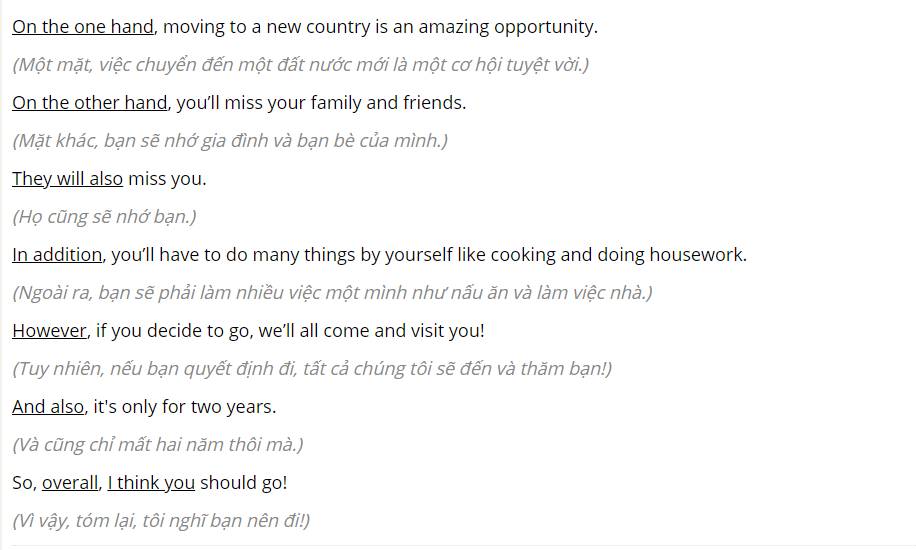C. Read the first paragraph of the article. Check (✓) two sentences that are true about crowdfunding.
(Đọc đoạn đầu tiên của bài báo. Đánh dấu (✓) vào hai câu đúng về huy động vốn từ cộng đồng.)
Crowdfunding for a Better World
“Crowdfunding” is a way of raising money from a large number of people on the Internet. When crowdfunding began, it was mostly used by new businesses. Nowadays, people use it for different reasons. Musicians who want to make an album can ask fans for money, a photographer can get money for a new book, and different types of charities raise money this way. Here are examples of how crowdfunding has made a real difference in the world.
Bringing water
Sonam Wangchuk, an engineer, raised $125,000 on a crowdfunding site to build an “ice stupa.” In higher parts of the Himalayas, the glaciers are disappearing, so local people have less water, in the spring for crops. Sonam invented a way to bring water up the Himalayas in the winter from the lower parts of the mountains. As water comes out of a pipe, it freezes and becomes the 65-foot-tall ice stupa. Then, in the spring, the stupa melts and people have water for their fields.
Saving the rainforest
The organization “Size of Wales” wants to save rainforests because they are disappearing. It has already saved 7700 square miles of rainforest (the same size as the country, Wales). Crowdfunding is important for the organization because people give money, but it's also a good way to make people think about climate change.
So if you want to give money to a charity, visit a crowdfunding site-or, if you want to raise money for a charity, why not try crowdfunding for yourself?
raise money (verb phrase) get money from other people for a special reason (e.g., for a charity or a business) stupa (n) a religious tower in Buddhism
glacier (n) a river of ice that moves slowly down a mountain
melt (v) when ice becomes water
1. ◻ A lot of people give money online.
(Rất nhiều người góp tiền trực tuyến.)
2. ◻ It's only for people who want to start a business.
(Nó chỉ dành cho những người muốn bắt đầu kinh doanh.)
3. ◻ It can help musicians who want to make an album.
(Nó có thể giúp ích cho các nhạc sĩ muốn thực hiện một album.)
4. ◻ It's not very useful for charities.
(Nó không hữu ích cho các tổ chức từ thiện.)


 A lot of people give money online.
A lot of people give money online. It can help musicians who want to make an album.
It can help musicians who want to make an album.


1.sweater
2.sweater
3.swimsuit
4.sneakers
5.sweater
6.swimsuit